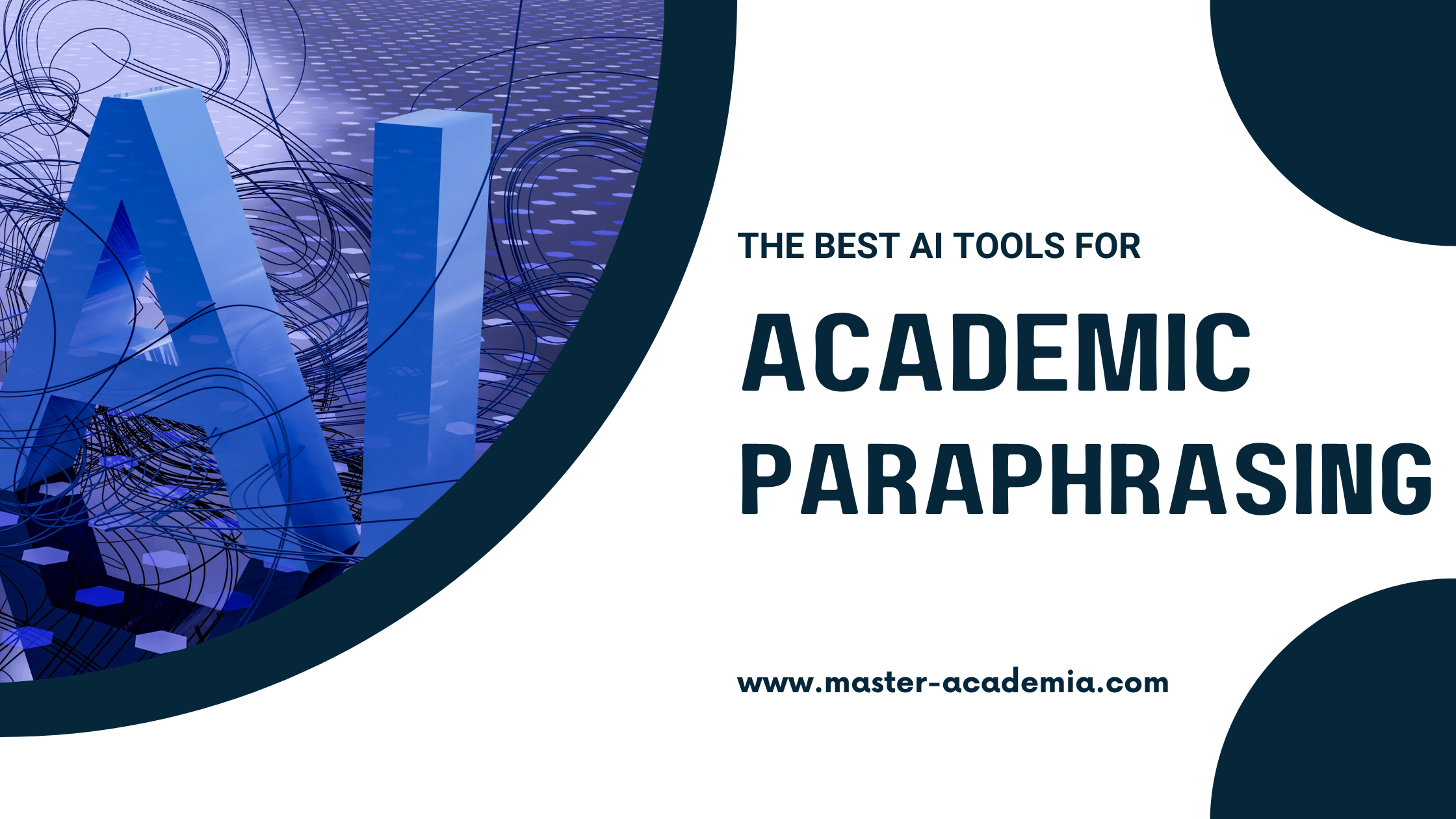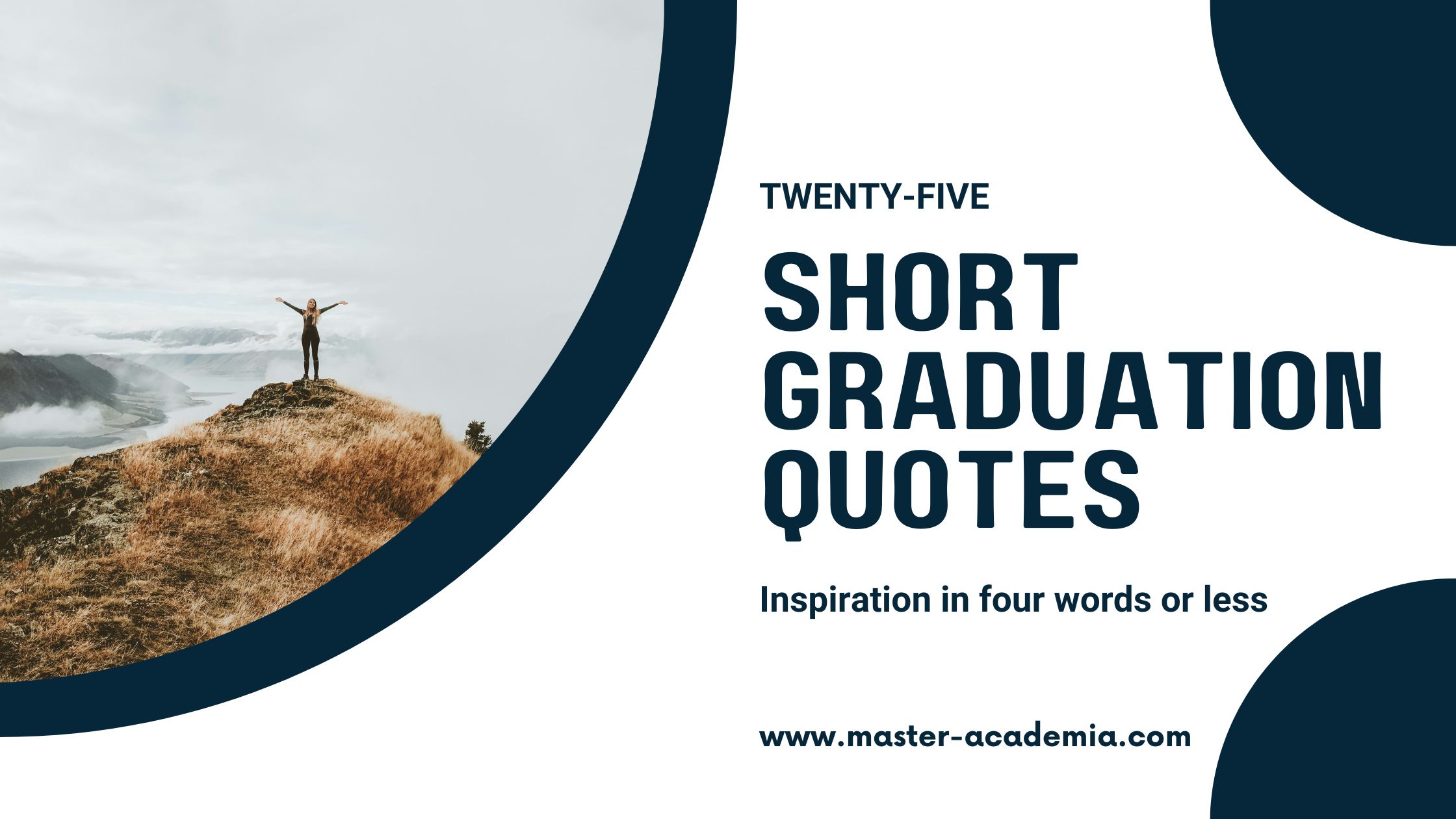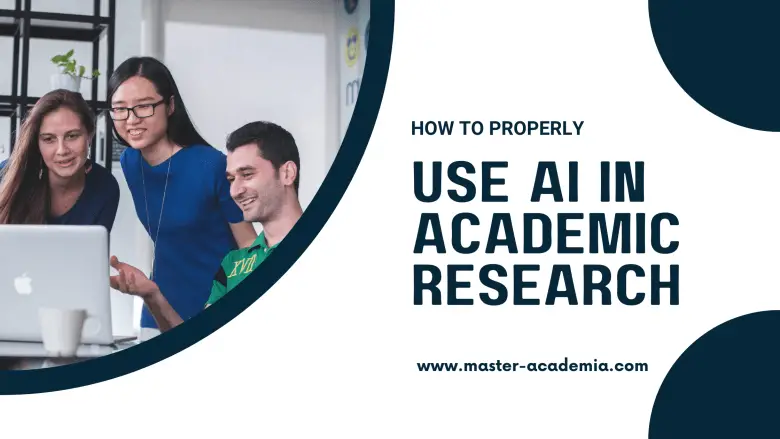
Not a day goes by without news on the opportunities and dangers of Artificial Intelligence (AI) for academic research. Luckily, there is a way to use AI ethically! As demonstrated with the AI tool Genei, proper use of AI can help researchers to acquire knowledge, improve literature reviews and facilitate writing.
Disclosure: This post has been sponsored by Genei. I only recommend products or services that I truly believe can benefit my audience. As always, my opinions are my own.
Contents
Ethical use of Artificial Intelligence in research
Artificial intelligence is shaking up academia. While AI tools have been around for a while, the advent of ChatGPT renewed discussion on the proper use of Artificial Intelligence in academic research.
Research ethics are a major concern about AI in academia. However, AI is here to stay. Therefore, we need to shift our attention to its proper, ethical use.
Research ethics include norms of conduct regarding research design, implementation, and the proper use of sources. Furthermore, research ethics underscore honesty and academic integrity.
Proper use of AI adheres to research ethics. And the awareness of the benefits and drawbacks of AI tools provides a foundation for understanding acceptable behaviour when using AI in academic research.
The benefits and opportunities of AI tools in academia
Artificial Intelligence can truly benefit academic research. Amidst rising concerns about AI in academia, AI’s advantages and opportunities should not be disregarded.
The example used to showcase the advantages of AI in academic research in this post is Genei. Genei can, for instance, considerably improve the quality and efficiency of your research.
General key benefits and opportunities of AI tools in academia are the following:
- AI can improve efficiency. If utilized correctly, AI tools can be a huge time saver! They can reduce the amount of effort that is needed to find the right information, select suitable readings and grasp complicated concepts.
- AI can increase productivity. A streamlined research and writing process through the support of AI can increase a researcher’s overall productivity.
- AI can stimulate critical thinking. While an AI tool cannot replace a deep conversation with an expert in your research field, it can make you critically reflect on your work. For instance, an AI-generated summary of your text may help you realise that your main findings need to be formulated more clearly. Or you can use AI to consider possible objections to your arguments.
You may also like: ChatGPT for academics? Ethical considerations of AI in research
The dangers and drawbacks of AI tools in academia
Concerns about AI tools in academia are of course not unfounded. If researchers and students are not properly educated on how to use these tools ethically, and without advanced AI detection mechanisms, the risk of reduced academic quality is immanent.
Furthermore, AI has its flaws and does not replace human researchers. For instance, there are known cases where ChatGPT invented academic references instead of using real publications. Thus, an uncritical use of AI can easily backfire.
Three dangers and drawbacks of AI tools in academia stand out:
- Heavy or exclusive reliance on AI tools. AI tools should be used to support academic researchers in their pursuit, and not replace the human brain.
- Plagiarism. AI can provide valuable research summaries and information, for instance, to accelerate literature reviews. However, never simply copy-paste AI-generated text and present it as your own. It violates research ethics!
- Loss of creativity and research originality. Researchers may get so immersed in AI tools that they lose their ability to develop research questions on their own. Don’t forget that AI is based on input, meaning existing research knowledge. To advance science, ideas and approaches are needed from people who think outside the box!
How to use AI to acquire research knowledge
Proper use of AI tools can be a wonderful support to acquiring new knowledge. Many researchers spend days on end downloading and screening hundreds of academic articles. For instance, in search of a simple answer or when looking for a simple definition of a concept.
A tool like Genei can speed up this process considerably: Genei is an artificial intelligence (AI) powered research tool for reading, annotating and note-taking. It enables you to find answers quickly.
To showcase how Genei works, I set up a new project called ‘Global politics’. Assuming that I am trying to learn more about bilateral relations, I ran a quick literature search and downloaded some interesting-sounding publications.
One of these publications is a book chapter by Alice Pannier from 2020, which looked like it could provide good information on bilateral relations. So I simply dragged the pdf of the book chapter into my Genei project.
Next, I clicked on the search icon in the top left-hand corner, and asked the question “What are bilateral relations?”
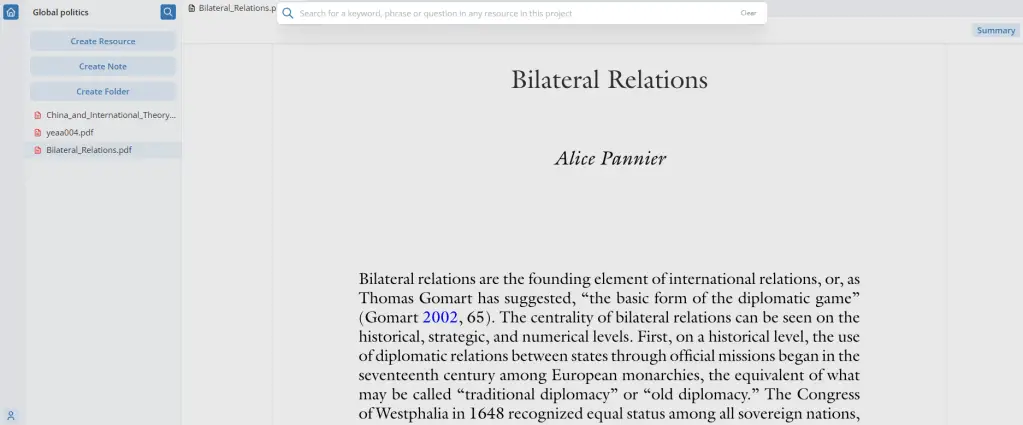
Genei immediately provided me with excerpts from the publication, highlighted in green, with relevant information to my search query. I was able to conveniently screen through the excerpts, and with one click add them to my notes!
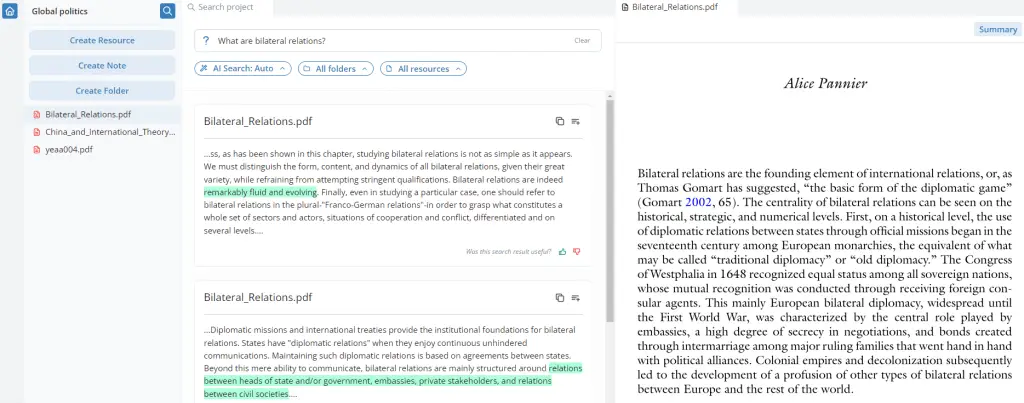
This way of screening publications helps me to find relevant information quickly and already prepares the writing process through smart note-taking.
Dos when using AI to acquire research knowledge:
- Use AI to quickly locate relevant information in academic publications.
- Use AI to help you decide what passages to read in more detail.
- Use AI to compile relevant notes on a term or concept, or to answer a question.
Don’ts when using AI to acquire research knowledge:
- Do not just rely on AI-generated summaries without reading any original text.
- Do not simply take information or definitions from articles without considering the wider research aim and context of the study.
- Make sure to indicate passages or sentences as direct quotes when you save them as notes, to avoid issues of plagiarism later.
How to use AI for literature reviews
Finding relevant literature is the precondition for writing a powerful and targeted literature review. However, one of the most time-consuming tasks of a researcher is to find suitable literature to read.
In this sense, AI tools can be great research assistants. Genei, for instance, can help you to decide whether an article, book chapter or section is worth reading. So you can make the most of your reading time!
Let’s take the same example as earlier. I scrolled through the book chapter by Alice Pannier (2020), and wondered if I should read the whole section on ‘Relations Between Heads of State and Government’. I was not sure if this section contains the information I was looking for. And I knew that reading it just in case would take quite some time.
Thus, I clicked on ‘Summary’ in the righthand corner, and Genei generated a summary of this section in convenient bullet points.

I was then able to quickly read the bullet points, which helped me to decide that it was probably worth reading the section myself. This decision-making support through Genei‘s summaries is an absolute game changer, especially when conducting extensive or systematic literature reviews!
Dos when using AI for literature reviews:
- Use AI-generated summaries to decide what is worth reading in-depth.
- Use AI-generated summaries to critically reflect on your understanding of a text.
- Use AI-generated summaries to support your note-taking.
Don’t s when using AI for literature reviews:
- Do not simply rely on AI-generated summaries without ever reading original texts.
- Do not simply treat AI-generated summaries as ‘the truth’ without critical assessment.
- Do not simply replace notes on your personal understanding of academic texts with AI-generated summaries.
How to use AI for academic writing
Good academic writing has a lot to do with distilling complex information from numerous references and formulating ideas in your own words. Therefore, an effective note-taking system and strategies to avoid plagiarism are fundamental.
Genei helps you to create and organise notes and articles with ease. When reading a document, you can highlight passages in the text, and also include them in your notes.
As you can see in the image below, Genei provides you with the option of copying quotes with a resource link. This means that you will not forget if a note is a direct quote, taken from an academic publication. Thus, when writing, it is easy to remember which notes are direct quotes, allowing you to reference them properly.

If you are an excessive note-taker, and struggle keeping an overview of your notes after a while, you can also ask Genei to summarise multiple quotes. This function is useful to remember what the quotes were actually about. On this basis, you can develop a further strategy for using these notes in your writing.
Genei also provides an option to paraphrase notes to make them more original. There are multiple strategies to paraphrase a quote while avoiding plagiarism, and many of them involve repeated rounds of reformulating and editing. Genei‘s paraphrasing suggestions can facilitate this!
Dos when using AI for academic writing:
- Use AI to improve and fast-track your note-taking.
- Use AI to keep track of the source of information and notes that you are assembling so that you can provide proper references later.
- Use AI as inspiration on how to summarise and formulate information in your own words.
Don’ts when using AI for academic writing:
- Do not solely rely on AI-generated notes, but make use of functions to add your own thoughts and assessments to your notes.
- Do not simply copy-paste AI-generated text, and do not forget to keep track of the source of information.
- Do not simply use AI-generated text, even if it is ‘paraphrased’. Instead, use AI-generated text as suggestions and support to reformulate direct quotes without plagiarising.
